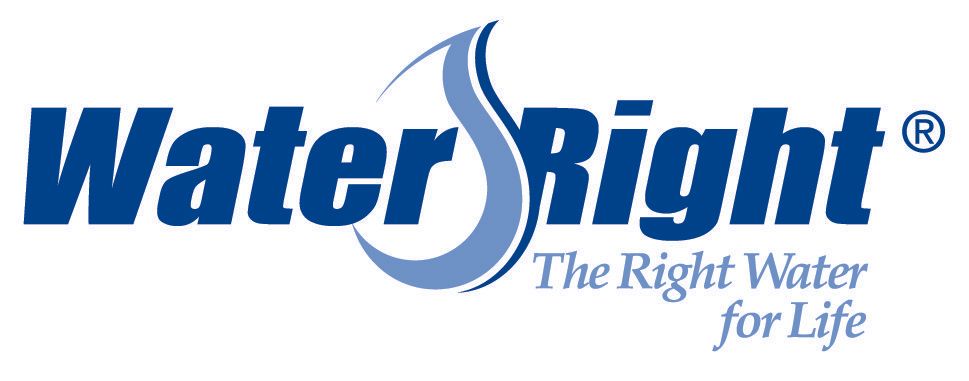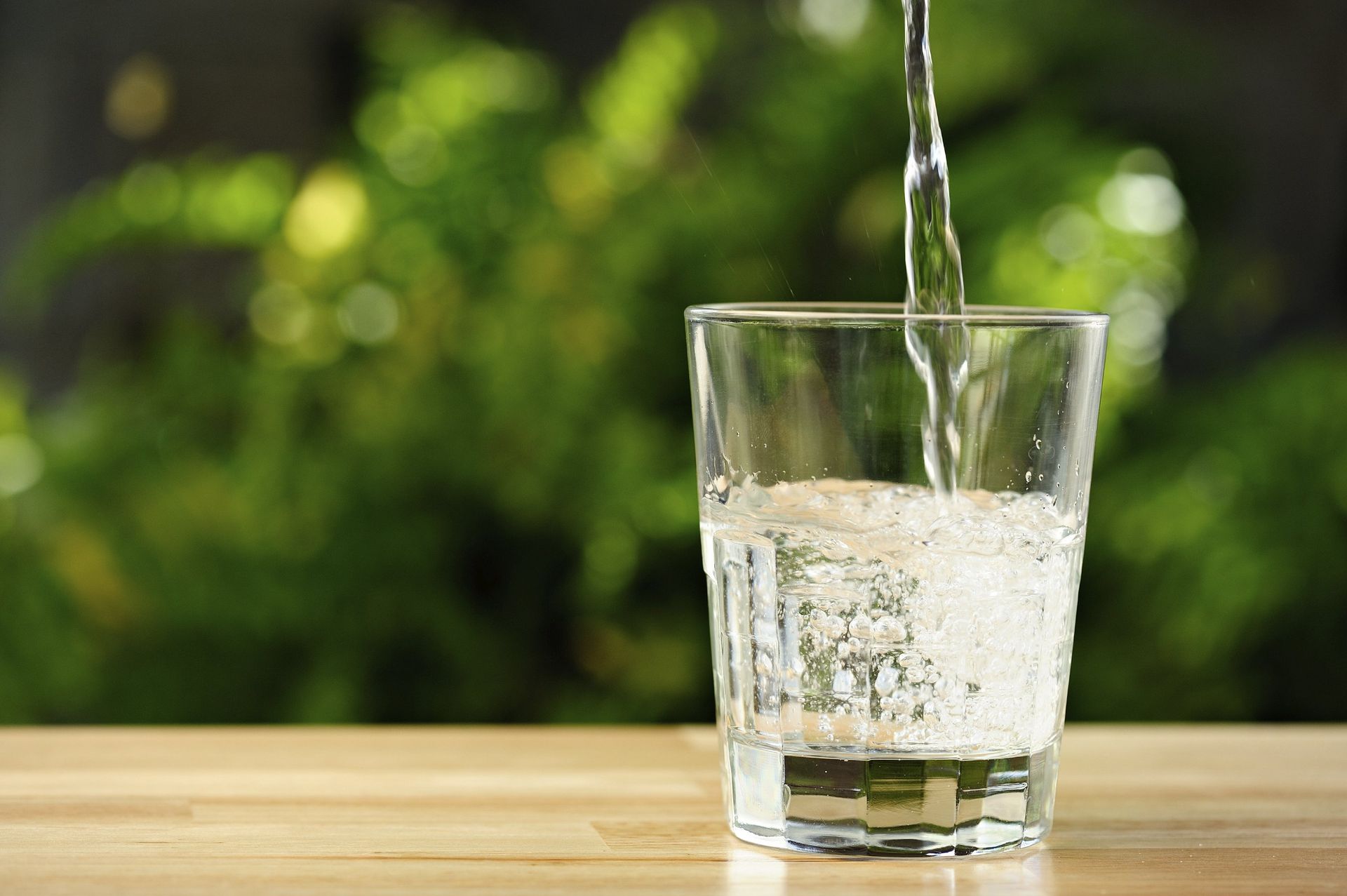Water Filtration Systems


csi & water-right filtration systems in Selma, NC
What can a Water Filtration System Solve?
Remove Chlorine
While it is a popular disinfectant and efficient way to kill harmful bacteria, chlorine in your water can taste and smell bad, in addition to drying your skin, fading your clothing, and drying out the rubber seals on your appliances.
Rotten Egg Smell
This is a sign of high levels of hydrogen sulfide – a corrosive gas that affects the taste of your food and causes faster corrosion on metal faucets and plumbing.
Staining
If you notice rusty-orange or black stains on your clothes, fixtures, sinks, tubs, or toilets, you probably have too much iron and/or manganese in your water.
Earthy, Fishy Taste, or Smell
Many microorganisms and other bacteria can survive for months in water, fixtures, or your plumbing, causing an unpleasant taste and smell.
Hardness
Caused by a combination of dissolved calcium and magnesium, hard water causes soap scum and water spots on fixtures, greatly shortening the lifespan of common household appliances. Hard water also needs 20-30% more energy to heat and 3-4 times as much soap for cleaning and laundry.
Corrosion
Acidic water, or water with a low pH, can cause corrosion of your metallic plumbing fixtures and pipes, and cause the blue-green staining on copper pipes.

Importance of a Home Water Filtration System
While the government does treat drinking water, incidents such as the Flint Water Crisis illustrate why it is important to have a secondary filtration system for your home. Extreme cases aside, chemicals do end up in your water glass every day despite stringent filtering. In the United States, chlorine is regularly used to disinfect the pipes that water travels through, the containers it is stored in, and the water itself. While the CDC says that only levels safe for human consumption are used, many people do not like the idea of ingesting small amounts of chlorine each time they have a glass of water. In these cases, secondary filters for your home are an ideal direction to go in to insure the filtration of chemicals, bacteria, or parasites that may have gotten past preliminary disinfecting.


